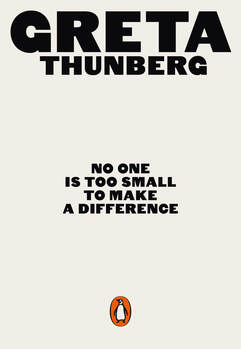
In 2011, in a response to the emerging strain of pragmatism in environmental philosophy, deep ecologist George Sessions challenged the direction environmental philosophy was going. "American pragmatism was critiqued in 1911 by Harvard philosopher George Santayana, and later by Bertrand Russell, for its anthropocentrism and uncritical support for the American industrial unlimited-growth society ... are they actually diverting attention from the more global and radical social change that needs to occur?" In the Deep Ecology tradition, there is a distinction made between shallow ecology, which only considers the needs of humans narrowly, and deep ecology, which considers the needs of all species and ecosystems. Historically, the focus of deep ecology (and ecofeminism, social ecology, and, more recently, ecosocialism) has been on suggesting "limits to growth." In contrast, the 1980s saw the rise of the mantra "sustainable development," which is shallow ecology at its most ineffective. The change to sustainable development represents a failure to challenge the root cause of the problem, an economic and social model based on eternal growth. Sustainable development empowers the system's worst culprits, disempowering people with false hope in magical technological economic solutions produced by experts living somewhere else.
Now in 2019, the deep ecology movement seems to have slowed. Even sustainable development advocates like Al Gore seem impotent in the face of the new global fascism. Onto the stage walks a powerful young woman, Greta Thunberg. Her sincerity is beautiful. And her anger is beautiful. I picked up a copy of Greta Thunberg's book No One is Too Small To Make a Difference (image) while Christmas shopping in Barnes & Nobles this week. Here are some quotes from her speech "Unpopular" (pp. 12-14).
- "You only speak of green, eternal economic growth because you are too scared of being unpopular."
- "You are not mature enough to tell it like it is."
- "We are about to sacrifice our civilization for the opportunity of a very small number of people to continue to make enormous amounts of money."
- "But it is the sufferings of the many which pay for the luxuries of the few."
- "You say that you love your children above everything else. And yet you are stealing their future."
- "We cannot solve a crisis without treating it as a crisis. We need to keep the fossil fuels in the ground and we need to focus on equity."
- "And if solutions within this system are so impossible to find then maybe we should change the system itself?"
- "We've come here to let you know that change is coming whether you like it or not. The real power belongs to the people."
DJS
 RSS Feed
RSS Feed
